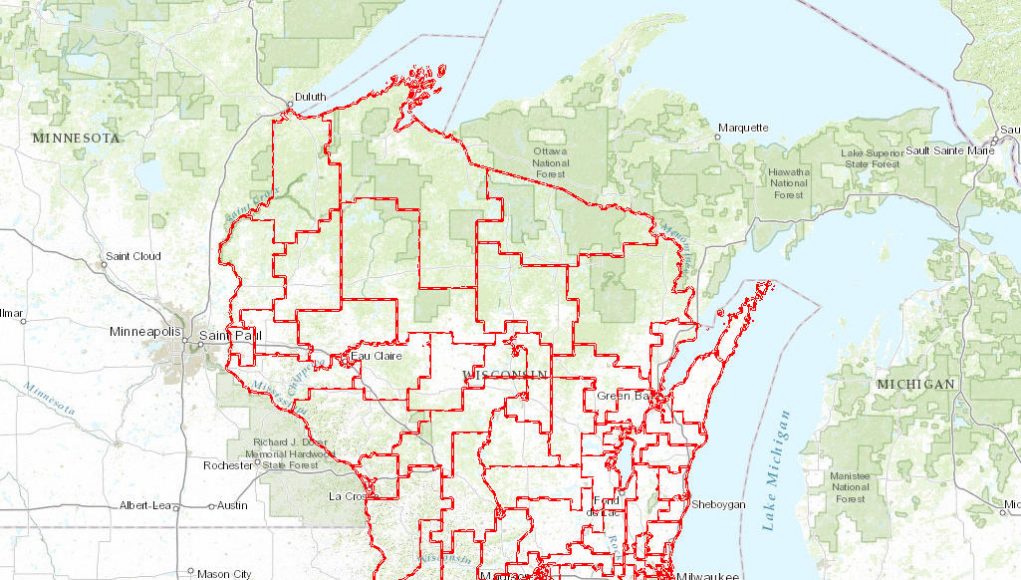The United States Supreme Court took a pass on setting limits on extreme partisan gerrymandering today ruling against Wisconsin Democrats who challenged legislative districts that gave Republicans a big advantage in the Wisconsin State Legislature. The court said that the plaintiffs in the case didn’t have standing to challenge Wisconsin’s entire statewide assembly map. The case was sent back to federal district court.
“The plaintiffs’ partisan gerrymandering claims turn on allegations that their votes have been diluted. That harm arises from the particular composition of the voter’s own district, which causes his vote—having been packed or cracked—to carry less weight than it would carry in another, hypothetical district,” Chief Justice John Roberts wrote for the court. “Remedying the individual voter’s harm, therefore, does not necessarily require restructuring all of the State’s legislative districts. It requires revising only such districts as are necessary to reshape the voter’s district—so that the voter may be unpacked or uncracked, as the case may be.”
Republicans drew the legislative maps in a deeply secretive process in 2011, which led to the GOP winning a majority of Assembly seats with a minority of the popular vote in 2012, and a huge gap between popular vote and Assembly representation in 2014 and 2016.




























